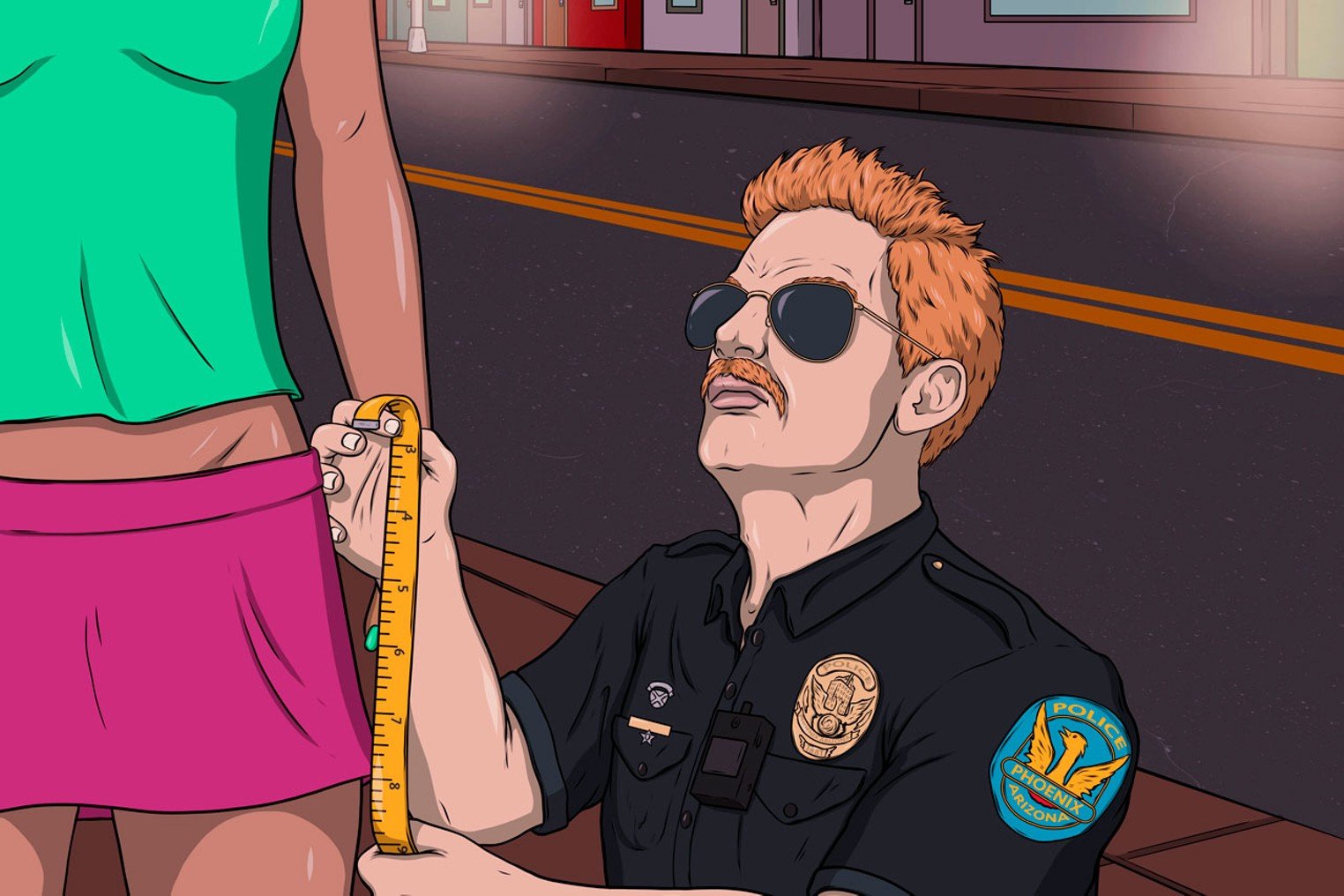- cross-posted to:
- law
- cross-posted to:
- law
In January, a 23-year-old woman sat in Phoenix Municipal Court listening to a prosecutor lay out the evidence against her. On the night of her arrest, she was scantily dressed, the prosecutor told the judge. She also had condoms in her purse and got into a car with a man.
In Phoenix, that was enough to charge her with a crime.
“Given the way the defendant was dressed, as well as a statement as to a date, and her getting in the vehicle with this witness — there is evidence of manifesting prostitution," a prosecutor told Municipal Court Judge Alex Navidad.
Or, more specifically, “manifesting an intent to commit or solicit an act of prostitution.” An obscure city ordinance in Phoenix makes this act a crime with a mandatory sentence of at least 15 days in jail.
The woman, whose name Phoenix New Times is withholding to protect her privacy, is one of more than 450 people in Phoenix who have been charged with manifestation of prostitution over the past eight years. The ordinance, which has been called unconstitutional by the ACLU of Arizona, allows the act of flagging down a car or wearing provocative clothing to be used as grounds to cite someone.
In 2014, the city’s prosecution of Monica Jones under the ordinance drew national outcry. Civil rights organizations condemned the arrest of Jones, a transgender activist and social work student. Even celebrities spoke out against the city’s use of the law.
But Phoenix has not stopped using the ordinance, according to data obtained by New Times.
A review of the data showed that hundreds of people — including 90 in 2022 — have been charged with manifesting prostitution since Jones’ case. Over the last two years, the majority of those charged were Black



I didn’t say human trafficking! Human trafficking like you said is a very wide range of work which can go so far as to include illegal organ trade. I’m referring specifically to “pimping” so to speak.